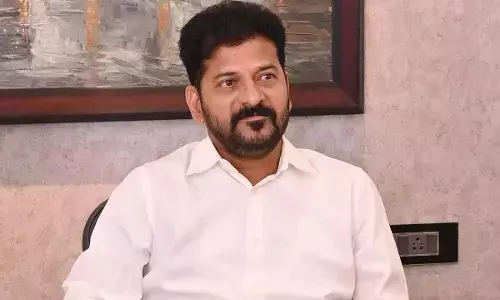Alcohol & Parents: Talk to your Child about Alcohol what to ask and what to say

Smart Dad Parents are the most important influence on whether kids drink alcohol, and the earlier you start these conversations, the better
Smart Dad! Parents are the most important influence on whether kids drink alcohol, and the earlieryou start these conversations, the better.
Alcohol consumption among young people is the lowest it’s been since the early 1960’s but even still, if there’s ever a time and place your kids are likely to experiment it’s schoolies week.
The end of school rite of passage has been synonymous with binge drinking since it began 40 years ago. But schoolies week needn’t be seven days of gut- wrenching anxiety the key is to have open and honest dialogue with your children in the Lead up. Sometimes timing is everything, so make sure it’s just the two of you, and that you have their full attention. Share your feelings from an honest place of concern and voice your thoughts and fears around anything you are observing.
1. Remember experimentation is Normal:
It is really Natural for teenagers to want to experiment and try things out, and drinking can be a part of that experimenting. More often than not, teenagers will have varying levels of comfort around this experimentation, so some warning signs include withdrawing from parents and peers evading questions, the presence of alcohol on their breath, slurred speech, sudden and significant changes to friendship groups, as well as changes to appearance. This might include a sloppier appearance for example.
2. Get clear on what your boundaries are around booze and stick to them
Having a few sips of something with parental supervision can for a large portion of young people satisfy that curiosity urge and actually in most case lead to fewer instances of problematic or binge drinking.
3. Be honest about the risks
Some of the major risks associated with drinking at a young age include the fact that it can trigger genetic predispositions to some mental health conditions that lay dormant within people.
Excessive another major risk factor is that drinking can create impaired cognitive function and affect a whole range of the thought processes associated with making choices that would usually involve positive emotional well being, so setting healthy boundaries for example.
4. Don’t get too aggressive:
Start from a very a low key relaxed place and listen without judgement. Try not to exaggerate the dangers of drinking but be realistic and transparent about some of the more common risks.
It’s also important to remind and reassure them that you are there to support them if they have a problem with drinking.














